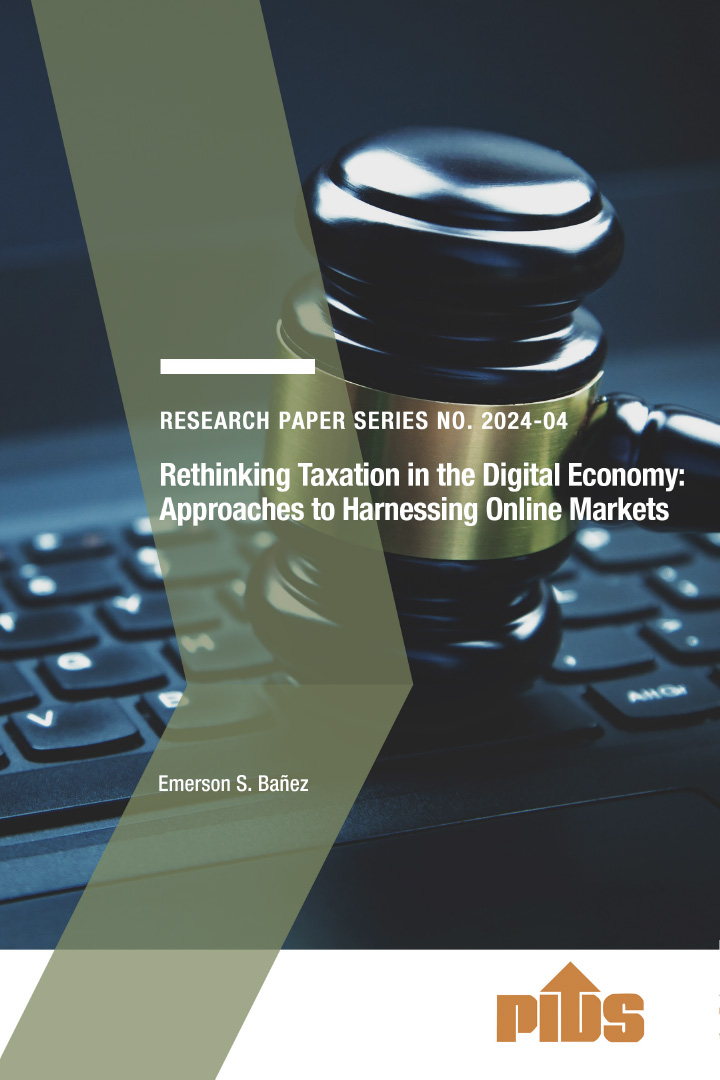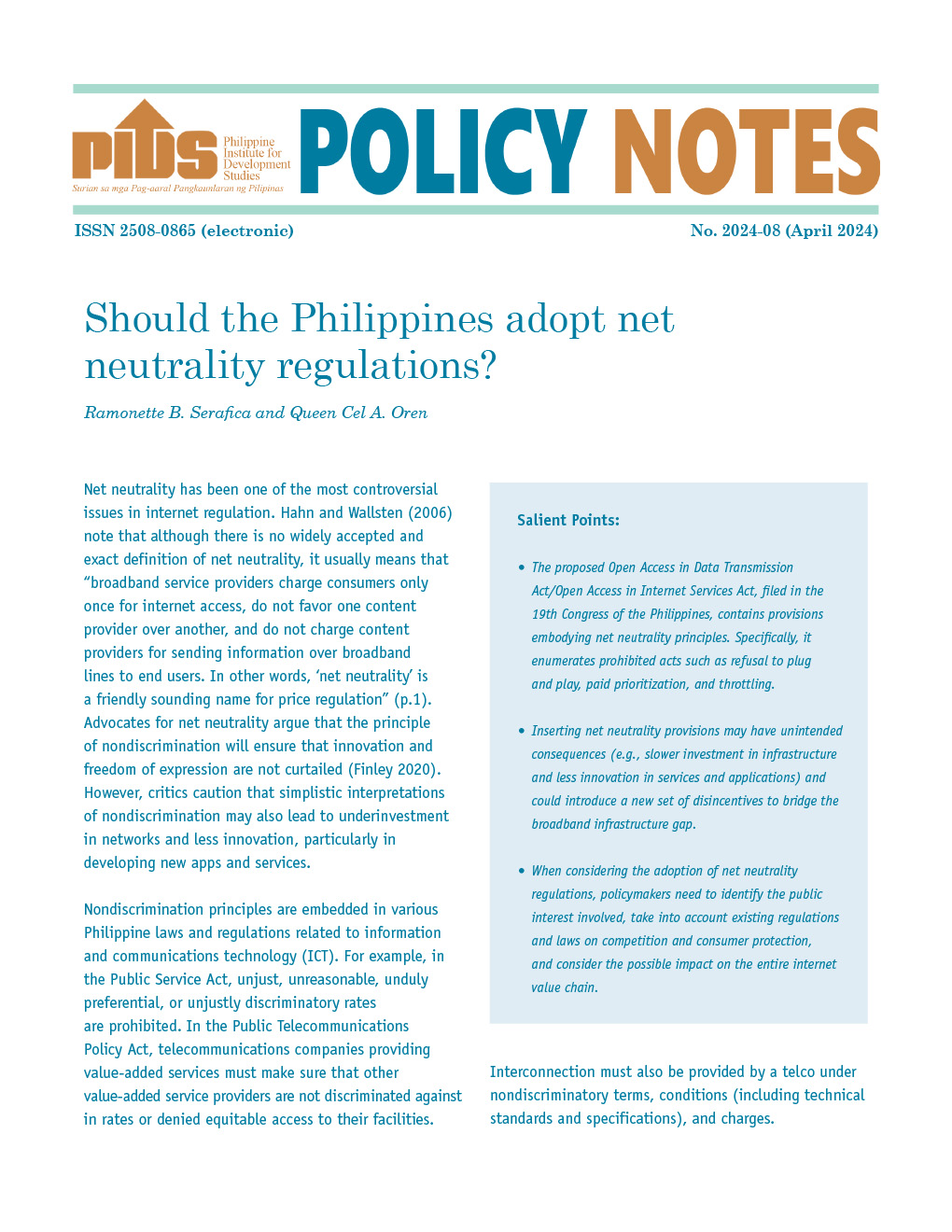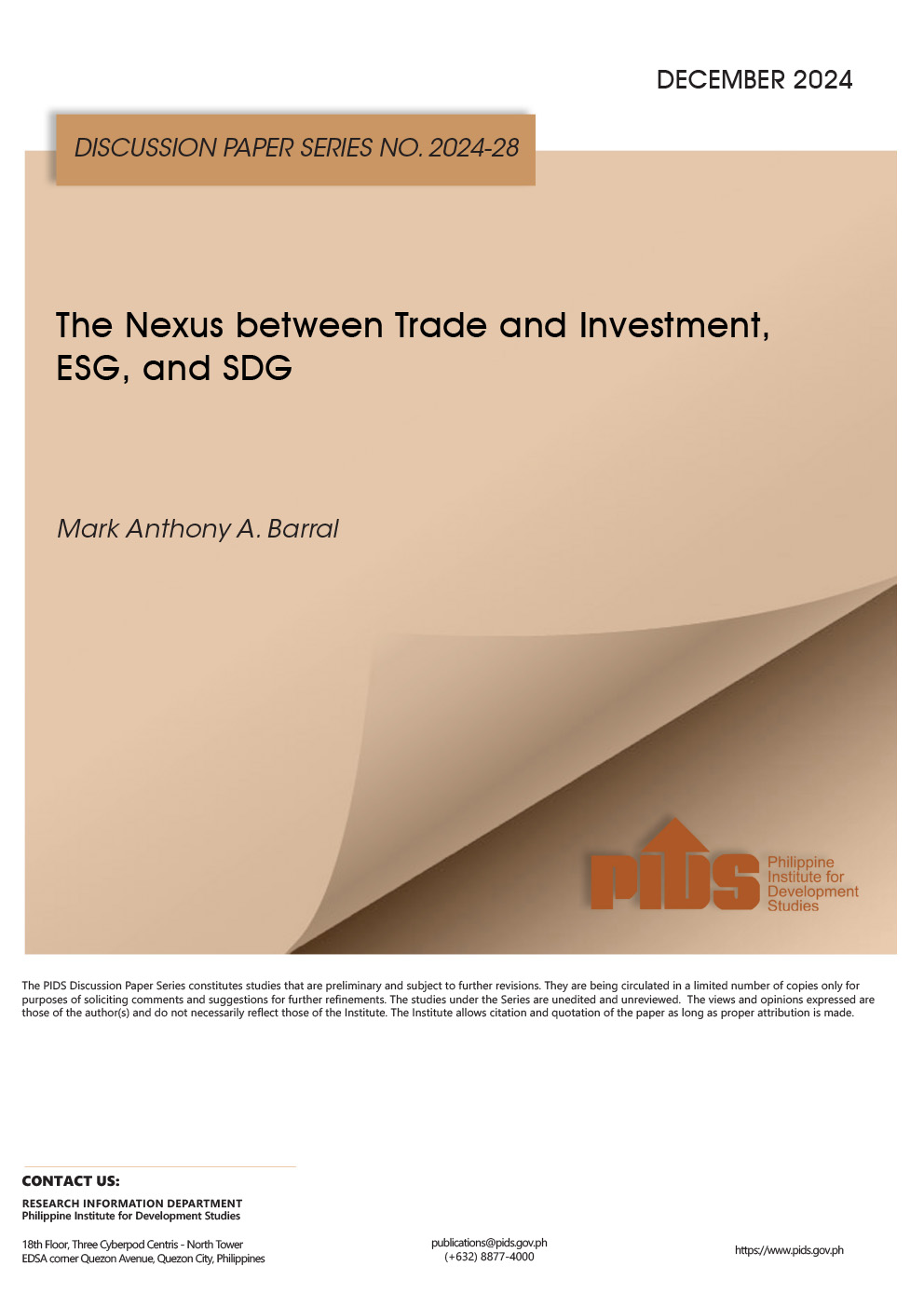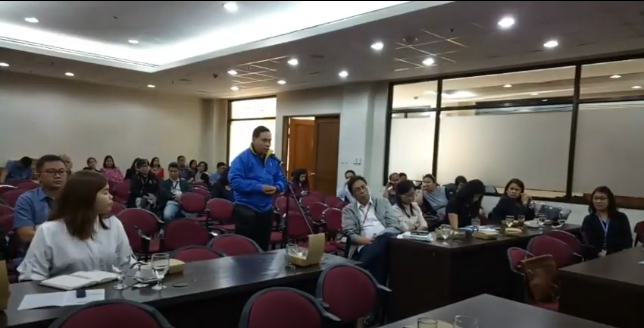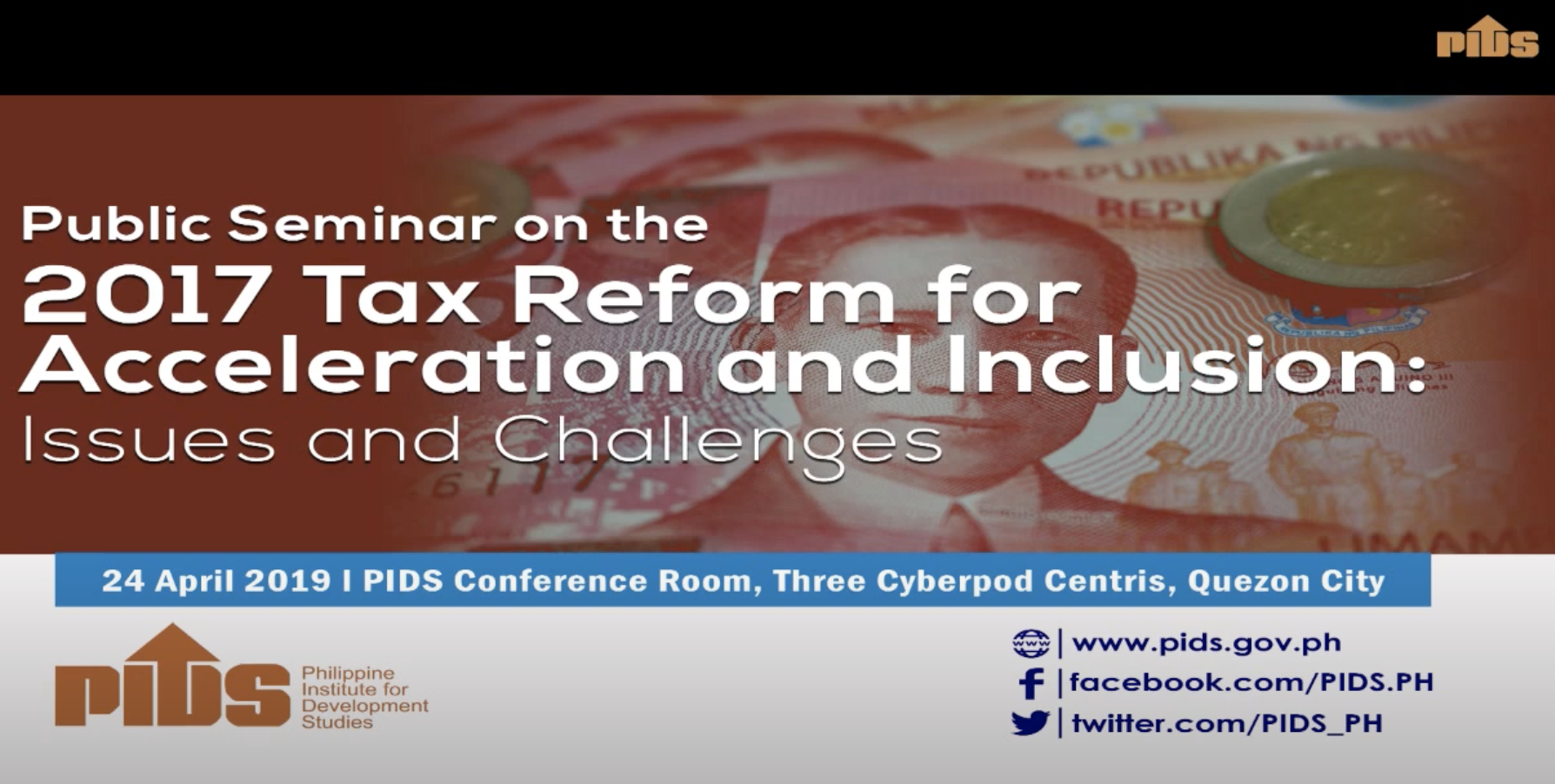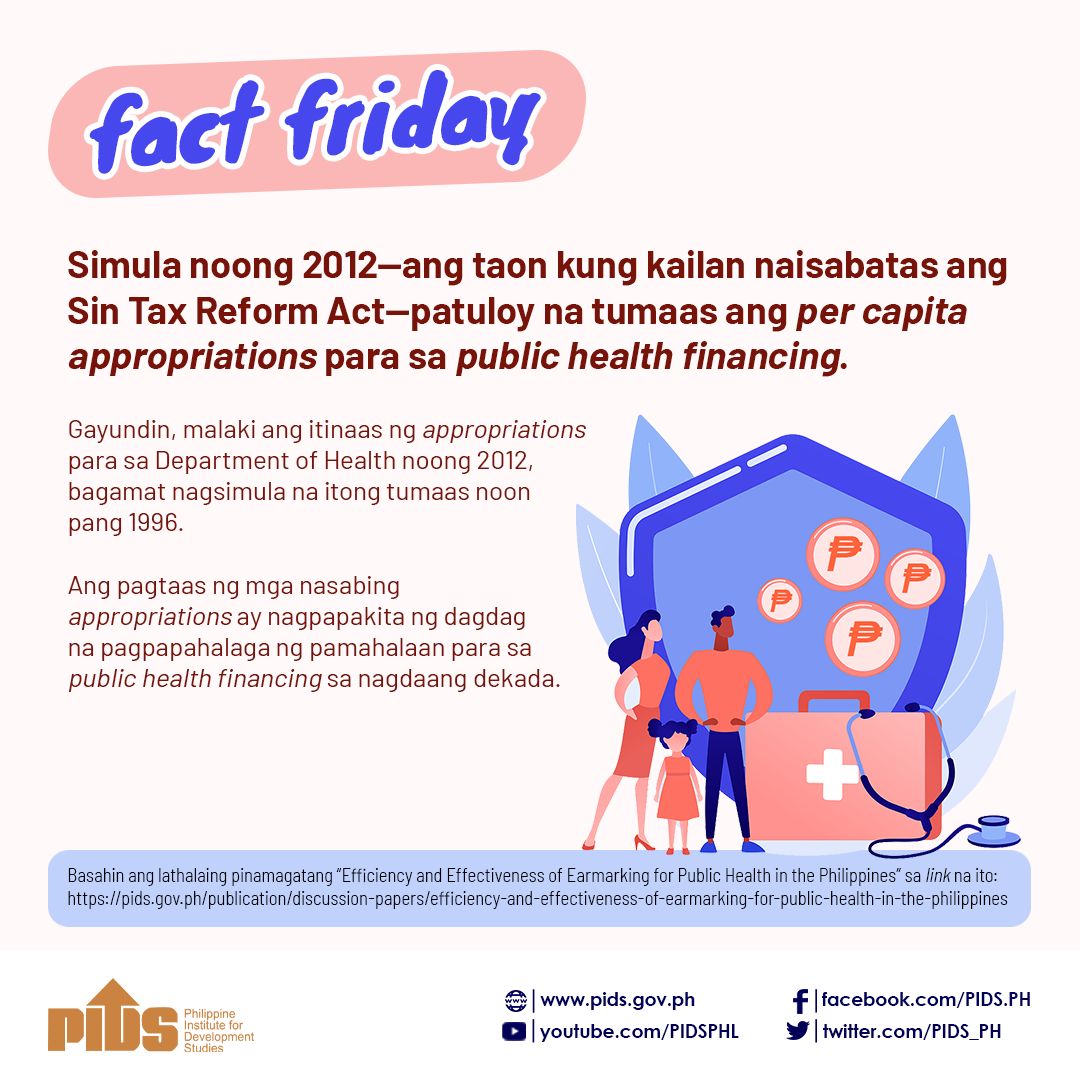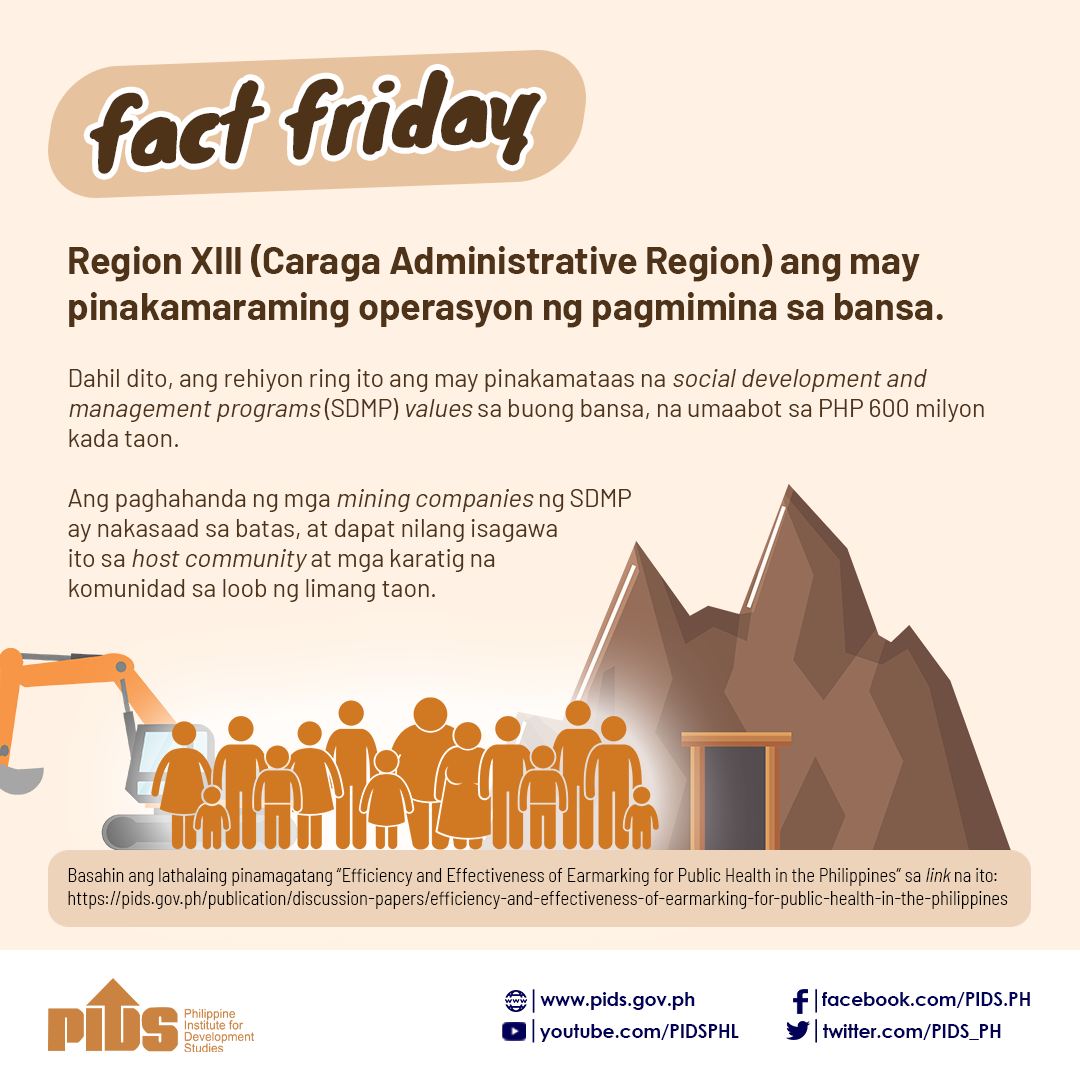FINANCE Secretary Benjamin Diokno is open to the idea of imposing a carbon tax in the country.
"Carbon tax too, if feasible," Diokno told reporters when asked if he would consider imposing a carbon tax as another approach to address climate challenges in the Philippines.
This comes after the Finance chief said the Marcos administration would carry on the Duterte administration's climate change initiatives.
"As you know, the Philippines is probably one of the most vulnerable with respect to climate change. And so, it's in our own interest that the movement toward climate change should be supported," he stressed.
"At the same time, on the tax side, I think we should think of some measures that we can do to reduce pollution. For example, a tax on single-use plastic is worth considering."
The Department of Finance, under the leadership of former Finance secretary Carlos Dominguez 3rd, has suggested a fiscal consolidation and resource mobilization plan that included the adoption of a carbon tax as one of the measures.
Further research is being done on the taxation of carbon emissions which, if approved, would go into effect by 2025.
In a discussion paper released in December 2018 by the Philippines Institute for Development Studies, it was said that the rise in carbon consumption taxes was a result of growing concerns about climate change brought on by anthropogenic carbon emissions.Simply put, authors of the paper "Assessment of Train's Coal and Petroleum Excise Taxes: Environmental Benefits and Impacts on Sectoral Employment and Household Welfare" explained the existence of such taxes that control the consumption or production of specific commodities is an admission of the existence of a specific kind of market failure.
They said the Philippines, like other nations, imposed a petroleum and coal tax in an effort to decrease reliance on fossil fuels and, ultimately, cut carbon emissions.
"Such type of tax policy reform is a bold step for a developing country like the Philippines as such types of regulatory taxes can counter growth policies due to the obvious increase in production costs of fossil fuel-heavy industries," the authors added.

